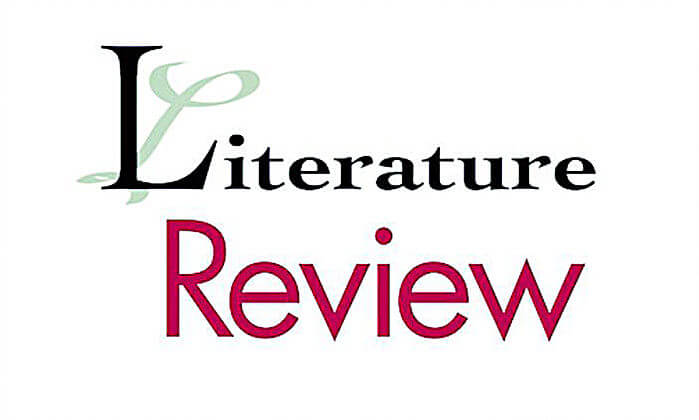Review of ‘the Literature’ or Literatures?

Keep in mind that the aim of it all is to have a thesis: a position or argument you wish to establish—a major claim you want to persuade others to. And you are doing this by positioning your research vis-à-vis the existing knowledge (or knowledges) of the area as reflected in the literature/s.
‘Reviewing the literature/s’ entails reading—lots of it. To make this more manageable, I advise students to approach their reading as comprising two stages: preliminary reading and continuing reading.
Preliminary reading
It can be useful to establish a ‘quick map’ of what’s already been done in your area of research. This is important to enable you to begin to reduce and refine what you’re going to cover—to move from a broad topic to a precise question.
Guided by your supervisor and assisted by a librarian, you should begin by systematically scanning/ checking journal literature, monographs and other theses to ‘map’ what constitutes the knowledge of your area.
Aim to become familiar with as much of the literature as possible in a short period of time. You will quickly begin to sense what is going to be relevant to your area, what is less relevant, and what is irrelevant. You can come back to the material as you being to refine your Research Question. The initial aim should be to gain an overview of the literature ‘landscape’.
When I meet with new research students, I tell them that when we meet again in a fortnight I expect that they will have discovered most of the literature that is relevant to their topic. Of course it’s an impossible task. But it forces them to skim-read, to take short cuts—like checking abstracts and key words of articles, looking at the contents pages of books, and skim reading introductory paragraphs to chapters that sound promising.
I recommend they adopt a simple three-way filing system:
- One manila folder to hold the information on what literature is irrelevant;
- Another folder for articles and texts that clearly are relevant to the emerging topic;
- And a third for material that might be relevant, depending on what finally emerges as their Research Question.
In this way, they control the literature, rather than allowing it to control them. To ensure that they really are in control, they need to be absolutely accurate in how they record the bibliographical information—noting carefully correct title and spelling of the author’s name, the date and place of publication, the name of the publisher, and the edition— and the precise page number for any information they write down.
Note that much published material is now accessible electronically. Ensure that you take advantage of sessions provided by Victoria University so that you are clear on how to access and to manage electronic material.
Continuing reading
Guided by your supervisors, and what you begin to pick up yourself in footnotes and references, you should continue to read as much of the relevant research and theoretical literature as you possibly can.
In one sense you can never read too much. In another sense you need to know when to stop!! Guided by your supervisors, you must be able to answer this question in the affirmative:
‘Have I covered the authors who have contributed significantly to my field of study or my topic?’
Reading continues virtually up to the point of submission. An examiner might check the Bibliography to establish if major writers (including him- or herself!) have been ignored. An examiner might also check the dates of the references you include. If the date of publication stops, say, three or four years ago, the natural assumption is that you stopped reading at that point and that you have not kept up to date with the literature.
Many theses, especially professional doctoral theses, will work from both the ‘scholarly literature’ and the ‘practical literature’, such as policy and program documents, company and institutional reports, and the like.
Guided by your supervisors, you should be able to answer the following questions:
- What is the scholarship for my area?’
- What are the leading ‘scholarly’ texts and ‘practical’
- ‘How can I obtain them or gain access to them?’
Reference:
Adams, R. (2005). Demystifying the thesis. Victoria University.

I’m most grateful for this wonderful guide. May God bless you.
Once again thank you.
Maikudi Umar.
welcome Maikudi Umar